Limnanthes douglasii is a species of flowering plant in the meadowfoam family commonly known as poached egg plant and Douglas’ meadowfoam. It is native to California and Oregon, where it grows in wet, grassy habitat, such as vernal pools and spring meadows. It can grow in poorly drained clay soils. The plant was collected by the Scottish explorer and botanist David Douglas, who worked on the west coast of America in the 1820s. The plant usually bears white flowers with yellow centers, hence the name “poached egg plant”, but flower color can vary across subspecies. It is a popular ornamental plant. It attracts hoverflies to the garden to beat the aphids and is well loved by bees. It is self-seeding, and gardeners are often careful as to where the seeds fall as it will quite happily grow in a lawn. Description from calscape.org
Home > Plant Guide >
Scientific Name
Family
Garden Type
Wildlife
Native Plant Region
Light needs
Water Needs
Plant Type
Bloom Color(s)
Height
Width
Months in Bloom
Safe Beneath Power Lines?
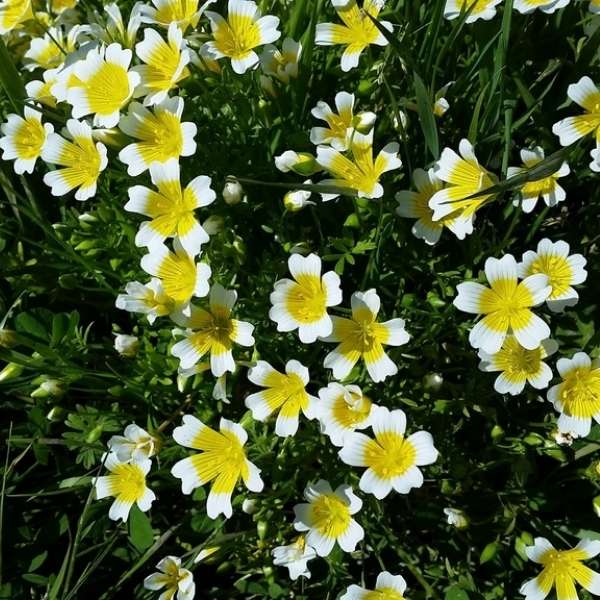
We’d like to maintain accurate and robust plant listings. If you see information that is not correct or that could be added to improve the listing, please let us know. Or if you’d like to suggest a plant to add to our plant guide, you can use this form do so. Thank you!
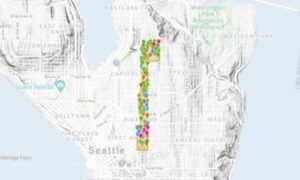
Get involved by sharing and mapping the birds, animals and nature around you to help the community understand the biodiversity in our neighborhood.
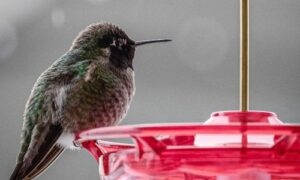
The urban environment presents dangers to wildlife that they are not always adapted to overcome. Reducing urban hazards is an essential part of enhancing habitat in cities. After all, we do not want to lure wildlife into our neighborhoods only to have them fatally collide with our windows.
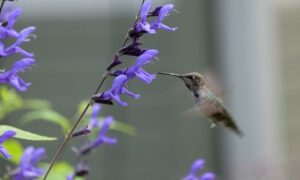
Protecting the trees and other vegetation that what we currently have is perhaps the most important way to ensure biodiversity in cities.
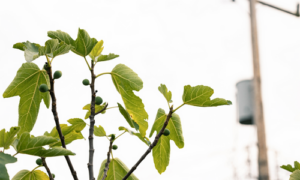
Learn about the diversity in pigeon populations in the United States and the implications of this variability on the species.
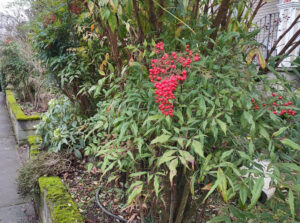
Some introduced plant species can diminish biodiversity. Other plants produce poisons that can harm wildlife. Learn what plants to avoid when figuring out what to plant or remove in your outdoor space.
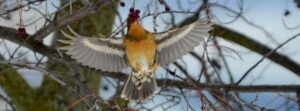
Take a virtual trip across Capitol Hill to learn about urban habitat types, how to identify the unique birds they support, and what we can do to make the neighborhood a safer place for them to live.
Nature of Your Neighborhood is a collaboration between Birds Connect Seattle, the Capitol Hill EcoDistrict, and the Seattle Bird Conservation Partnership. Our goal is to foster relationships between the people and the nature of their neighborhoods.